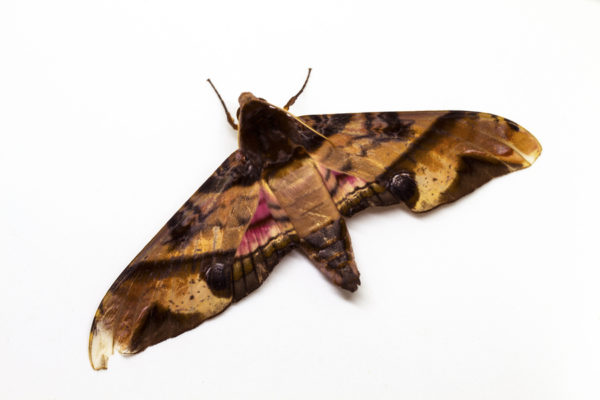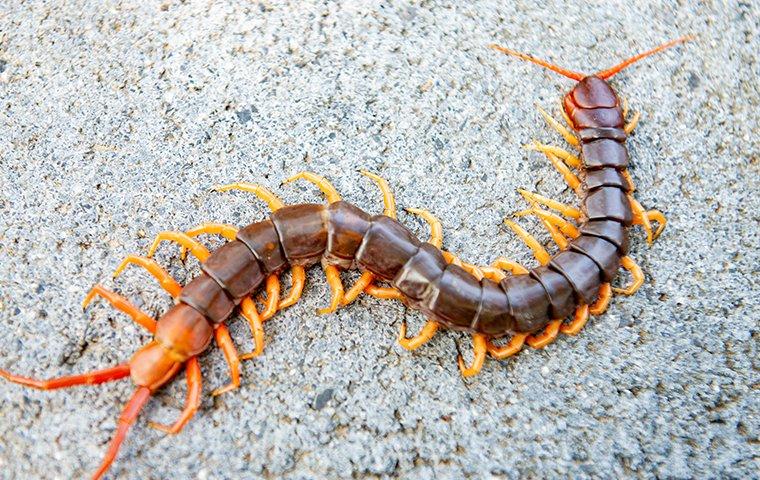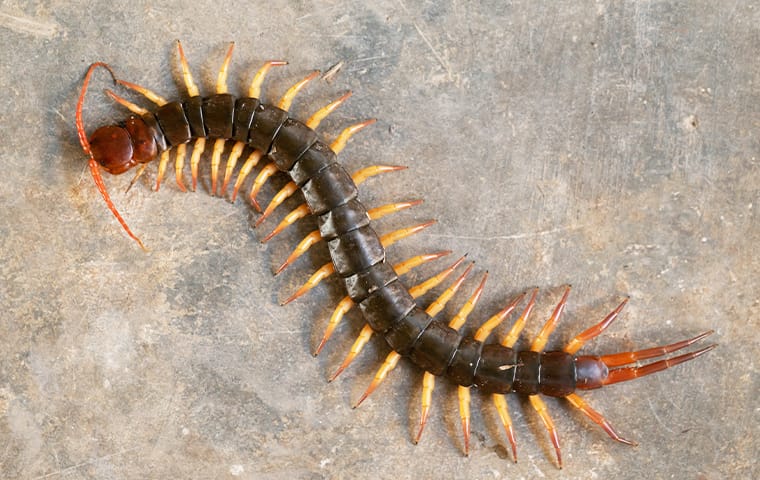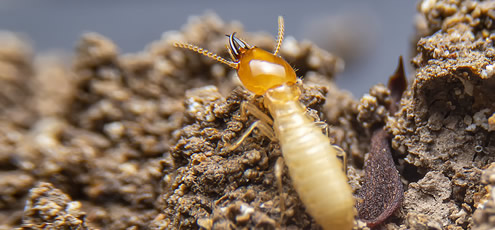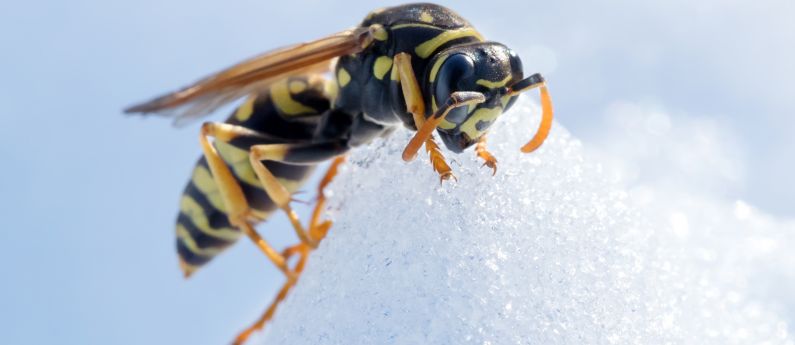Just how do you feel with regards to Control Household Pests Without Scary Poisons?

No home owner wants to share space with a pest. Large pest infestations normally correspond to the usage of poisonous chemicals. Right here are 7 guaranteed means to manage parasites so you do not have to resort to harmful chemicals.
Set Up a Regular Cleansing Arrange
Parasites usually invade rooms that are not clean. If you desire to make sure your residence is pest-free, stick to a routine cleaning schedule.
- Kitchen area drawers
- Walls
- Under the refrigerator
- Within cabinets
- Behind the stove
- Crevices of furnishings
Dispose of Food Scraps Appropriately
The main factor pests like your residence are all the food! Thus, you have to guarantee that none are readily available for their consumption. Dispose of food scraps in paper bags as well as put them in a sealed rubber container. Make sure that crumbs are vacuumed, as well as kitchen counters are cleaned down. Don't fail to remember to clean your oven and also stove, also. On top of that, don't fail to remember to load all leftovers in correct containers and don't leave pet food lying around.
Seal Off Entry Points
If you desire parasites to avoid, seal off all possible access points. Bear in mind, a small computer mouse can press its body in a hole as big as a container. Focus on little cracks due to the fact that crawlers and ants can go through there. You can utilize a caulking gun to repair any type of troublesome areas. Pay attention to door and also window voids. You can utilize weather condition strips to see to it your residence is very secured.
Guarantee Good Air Circulation
Every now and then, open your home windows. Make it a point to check that your screens are not harmed to prevent seepage. Notably, some pests like allergen like moist as well as moist environments. Enable fresh air as well as sunlight to circulate with your home if you want them gone. This includes the benefit of assuring you do not have to deal with mold and mildew and also mold growth.
Usage Do It Yourself Pesticides
You can DIY chemicals with no chemicals. Consider making home made mixtures to maintain insects away.
Attempt an Ultrasonic Plug
Keep them near entry points to ward off bothersome pests. These cutting-edge gadgets release sound waves that just pest ears can listen to.
Look For Eco-Friendly Pest Control
If you have actually done whatever possible, but parasites still pertain to your residential or commercial property, you should call a trusted pest control business. If you want ecologically audio and also risk-free solutions, you should search for a business with "environment-friendly" accreditations. This indicates they utilize natural pesticides to eliminate pest invasions to ensure the security of your family members, personal belongings, and animals.
No property owner wants to share area with a pest. Enormous pest problems typically relate to the usage of harmful chemicals. Here are seven proven ways to manage parasites so you don't have to resort to poisonous chemicals.
If you want bugs to remain out, secure off all feasible access factors. If you have actually done whatever possible, yet parasites still come to your residential or commercial property, you should call a reputable pest control business.
Effective pest control without the harmful chemicals
If you have grown plants for food or aesthetics, you have probably experienced the frustration of losing some of your crops to insects and other pests. That is just a part of gardening, although if you grow crops year-round, you’ve probably realized that the upside of winter gardening is that you don’t have to spend much time fighting herbivores, since the cold weather kills them or drives them into a dormant stage. Animals are a different story, however, and you may find that hungry squirrels, deer, raccoons, or other critters are helping themselves to your plants even through the cold season.
To get rid of insect herbivores, many gardeners resort to using insecticide-pesticides. (Pesticides consist of a number of substances, including weed killers like RoundUp, insect-killing chemicals, and molluscucides, or “snail bait.”) In fact, most commercial (and many non-commercial) plants are grown with the aid of pesticides. While this may seem like a solution to the problem of insect herbivores ruining all your hard work, it has many downsides that have implications for your plants’ health, the health of the environment, and your own as well.
What effects do pesticides have on plants, the environment, and human health?
Regular use of pesticide undermines plant health because insects develop greater resistance to those pesticides, which means that you have to use more pesticide. That increased usage can stunt the plant’s growth, interfering with photosynthesis and killing of beneficial microorganisms in the soil that help the plant to complete the chemical processes involved in delivering nutrients to its roots and leaves. Pesticides also contaminate the soil, water, and air harming wildlife and other, non-target plant species.
Are organic pesticides better?
Some people believe that using organic (i.e. plant- and mineral-based) pesticides is better for human and environmental health than synthetic pesticides. This is a common misconception, and one that the organic food industry is not too eager to correct. In fact, while most people believe that using pesticides that are approved for organic farming are less harmful than using synthetic pesticides, there is not much evidence to support this. However, the main reason for the lack of evidence is that there just haven’t been enough studies done to show the effects of regularly using organic pesticides on the health of plants and animals, the environment, and humans.
The studies that have emerged in recent years suggest some disturbing facts: one such study,[i] published in the journal PloS One in 2010, noted that the natural pesticides 1) mineral oil and 2) beauveria bassiana (a fungus), both USDA-approved for organic farming, were not only less effective in controlling soybean aphids than their synthetic counterparts, they killed off beneficial insects that kept the aphid populations down and thus had a negative environmental impact. Other natural pesticides, including insecticidal soap, pyrethrins, sabadilla, diatomaceous earth, horticultural oil, spinosad, and copper sulfate (a fungicide), are all toxic to bees. Rotenone, also approved for organic farming, is toxic to fish. Bacillus thuringiensis (Bt), a soil-dwelling bacterium and the most widely used pesticide in organic farming, is harmful to butterflies, moths, flies, and beetles.
https://www.greenandprosperous.com/blog/effective-pest-control-without-the-harmful-c

I ran across that blog posting about Pest control while perusing the search engines. So long as you enjoyed our article plz make sure you remember to share it. I love reading our article about Natural Garden Pest Control.
Pest Extermination
